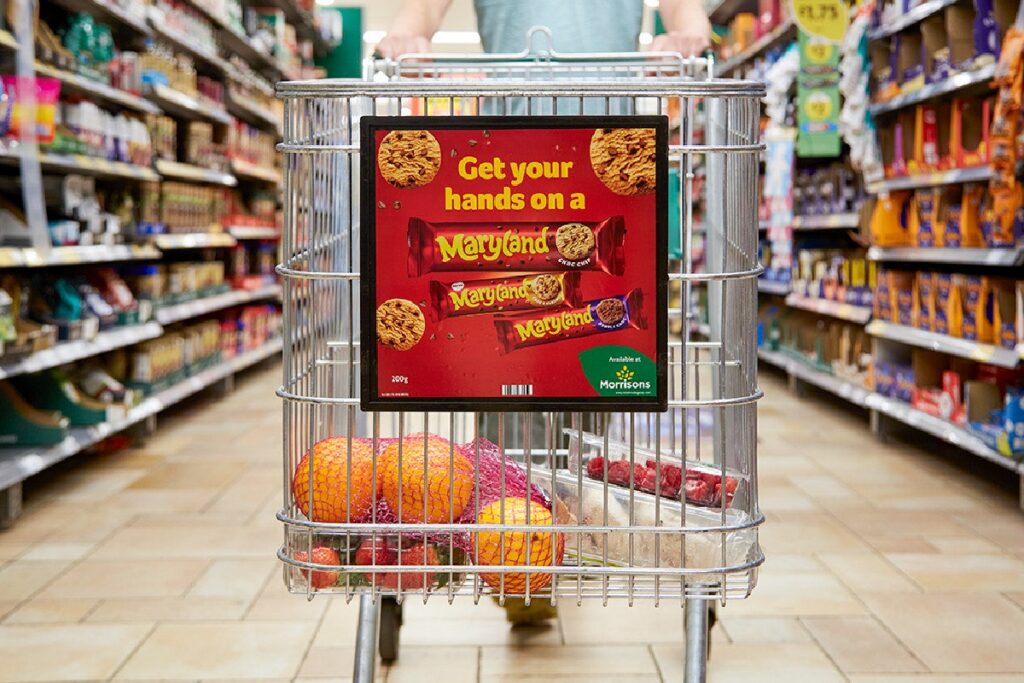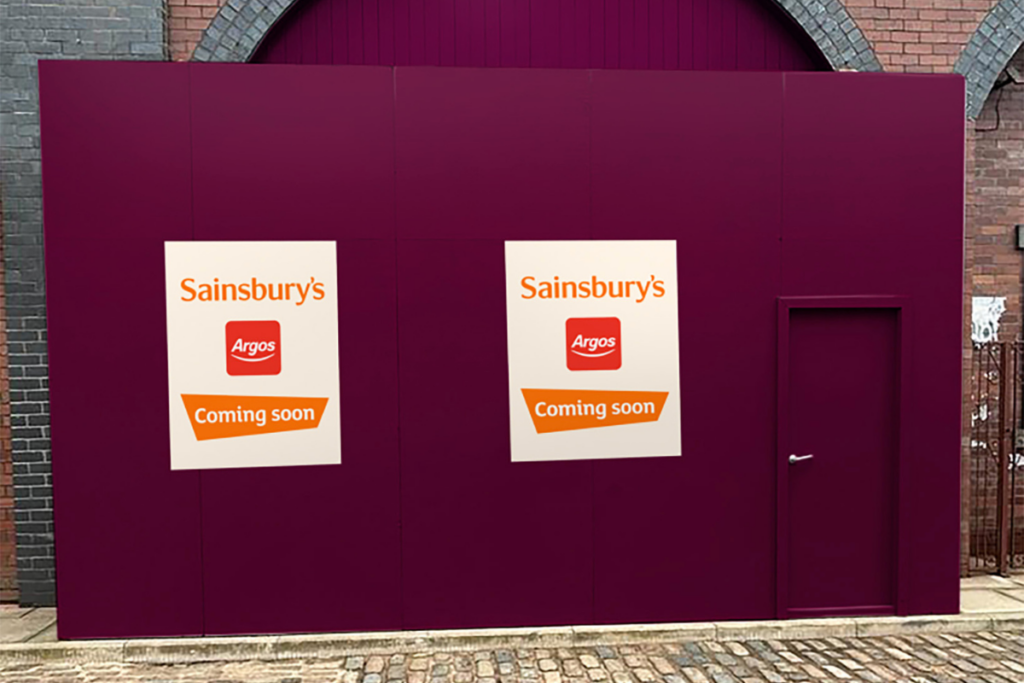Grocery giant Tesco has reported a profit before tax (PBT) drop of 11.6 per cent to £1.7 billion, its first profit decline since 1994, according to figures released today.
Underlying PBT fell 8.5 per cent to £1.8 billion in the 26 weeks ended August 25th 2012, a disappointing though not unexpected drop following the retailer‘s £1 billion investment programme which was announced in April.
Following poor full-year results earlier this year, CEO Philip Clarke conceded that the quality and service across Tesco‘s UK stores needed improvement and as such announced plans to invest and make changes to its domestic operations.
Over the next two years, 20,000 staff are to be recruited and the grocer noted that a total of 8,000 additional staff are already in store while over 230 stores have been refurbished over the first half.
As part of the ‘Build a Better Tesco‘ plan, store expansion is to be reduced by 38 per cent as the grocer focuses on multichannel improvements and click & collect has now been rolled out to over 1,300 locations, with online sales up 11 per cent in the UK.
Despite Clarke noting that the economy “continues to present challenges all over the world”, Tesco reversed its long-standing trend of like-for-like (LFL) decline, reported a LFL rise of 0.1 per cent, the first such increase in 18 months.
Group sales grew 1.6 per cent although the chain‘s international breadth has deteriorated somewhat over the period as international profit dropped 17.1 per cent to £378 million while sales values across Europe fell 6.8 per cent.
Although the retailer‘s Asian and European operations have maintained or gained market share over the period, losses across its Fresh & Easy proposition in the US reduced somewhat while its South Korean stores have been hit by restricted opening hours which have recently been introduced as part of new retail regulations.
These regulations are expected to bring a loss of approximately £100 million to the grocer‘s profits, Clarke explained.
He added: “Whilst our businesses in Asia and Europe have continued to do a great job for customers, our financial performance there reflects the tough economic backdrop and particularly the regulatory changes in South Korea.
“That we have gained or held market share in the majority of markets is a testimony to the skill of our teams across the Group.
“We have made some important strategic changes which have fundamentally altered our approach to capital allocation.
“First, significantly reducing space growth in the UK and focusing on improving the performance of our existing stores – and second, investing in online to enable Tesco to take a leadership role in the digital revolution: playing our part in shaping the future of retailing.
“It is in serving the changing needs of customers, as Tesco has done over many years, that we will create more value for shareholders.”
However, Tesco has openly struggled to maintain its strength in the crowded grocery market in recent months and last year‘s declaration of a price war against competitors has affected margins as it is forced to offer ongoing discounts and promotions.
John Ibbotson, Director of retail consultancy Retail Vision, said of the results: “Despite a vast and expensive effort to buy its way out of trouble, there is little sign the Tesco supertanker is turning round.
“Tesco‘s pledge to stick with its struggling US operation is roughly as reassuring as a Prime Minister saying they have “full confidence” in a beleaguered minister. You know they‘ll be spending more time with their family within the week.
“Tough though the challenges in China and South East Asia are, the company is right to fight hard for traction in such key m
RELATED STORIES

















